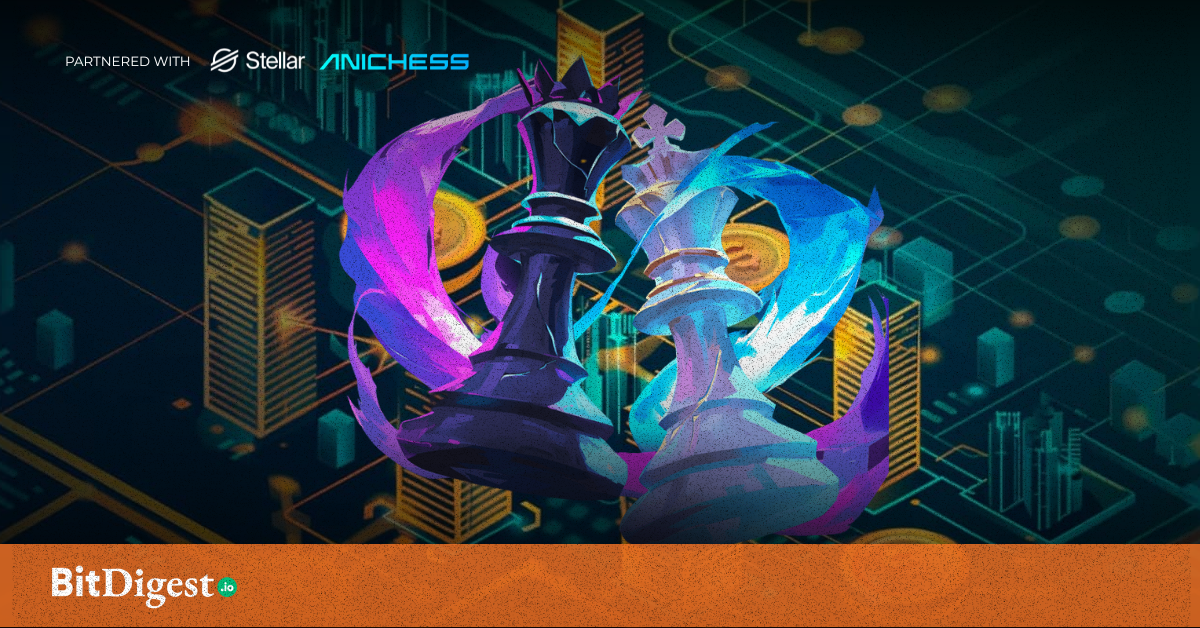Vitalik Buterin Demands Reform in US Cryptocurrency Regulation for Better Transparency and Innovation
Vitalik Buterin, co-founder of Ethereum, has expressed strong criticism of the current cryptocurrency regulations in the United States. Buterin argues that labeling utility tokens as securities hampers innovation and promotes the rise of projects with unclear objectives. He asserts that this approach unfairly penalizes developers who provide clear value propositions and uphold user rights, a view shared by many in the crypto community.
Buterin emphasized the negative impact on well-intentioned developers. He warned that the current regulations could lead to an environment of either anarchy or tyranny within the cryptocurrency space. According to Buterin, projects that are vague and request funds without clearly outlining returns can operate freely, while those that provide clear value propositions and guarantee user rights are automatically classified as securities.
Such an approach, according to Buterin, hinders the industry's growth. He suggests that a better regulatory framework would consider projects with unclear goals as inherently riskier than those committed to transparency and industry standards. Buterin calls for open dialogue and cooperation between regulators and the industry to create a more conducive environment for innovation.
“If you do something useless, or something where you’re asking people to give you money in exchange for vague references to potential returns at best, you are free and clear, but if you try to give your customers a clear story of where returns come from, and promises about what rights they have, then you’re screwed because you’re ‘a security,'” - Vitalik Buterin, Ethereum co-founder
Crypto Titans Clash with U.S. Regulators Over Stringent Measures
Ethereum co-founder Vitalik Buterin and other key leaders like Mark Cuban have publicly criticized the U.S. for its stringent regulatory stance on cryptocurrencies. They emphasize the need for more nuanced policies that simultaneously foster innovation and protect investors.
Buterin's comments bring attention to the ongoing discussions surrounding the classification of utility tokens. Critics argue that the current regulatory approach in the U.S. does not adequately reflect the varied uses of blockchain technology and imposes inappropriate restrictions, potentially hindering the industry's growth.
“This is how Gary Gensler and the SEC are trying to destroy the crypto industry.” - Mark Cuban, owner of the Dallas Mavericks basketball team
Moreover, The Securities and Exchange Commission (SEC), led by Chairman Gary Gensler, has intensified its efforts to classify cryptocurrencies as securities, resulting in several lawsuits. Recently, ConsenSys, the company behind the MetaMask wallet, was accused of violating securities laws through its swapping and staking services. Industry groups such as the Blockchain Association and the Crypto Freedom Alliance of Texas have criticized this approach, claiming it exceeds the SEC's authority.
Vitalik has criticized the SEC's regulatory approach to cryptocurrencies, describing it as "anarcho-tyranny." He argues that this stance creates a perverse incentive structure that is more damaging to the cryptocurrency industry than either complete regulatory anarchy or strict regulatory tyranny. According to him, the current framework encourages the creation of 'useless' products and services, stifling genuine innovation in the space.
“The incentive gradient that this “anarcho-tyranny” creates ends up worse for the space than either plain anarchy or plain tyranny.” - Vitalik Buterin, Ethereum co-founder
.svg)


.svg) SHARE TO FACEBOOK
SHARE TO FACEBOOK SHARE TO TWITTER/X
SHARE TO TWITTER/X SHARE TO LINKEDIN
SHARE TO LINKEDIN SEND TO MAIL
SEND TO MAIL





.svg)


.svg)